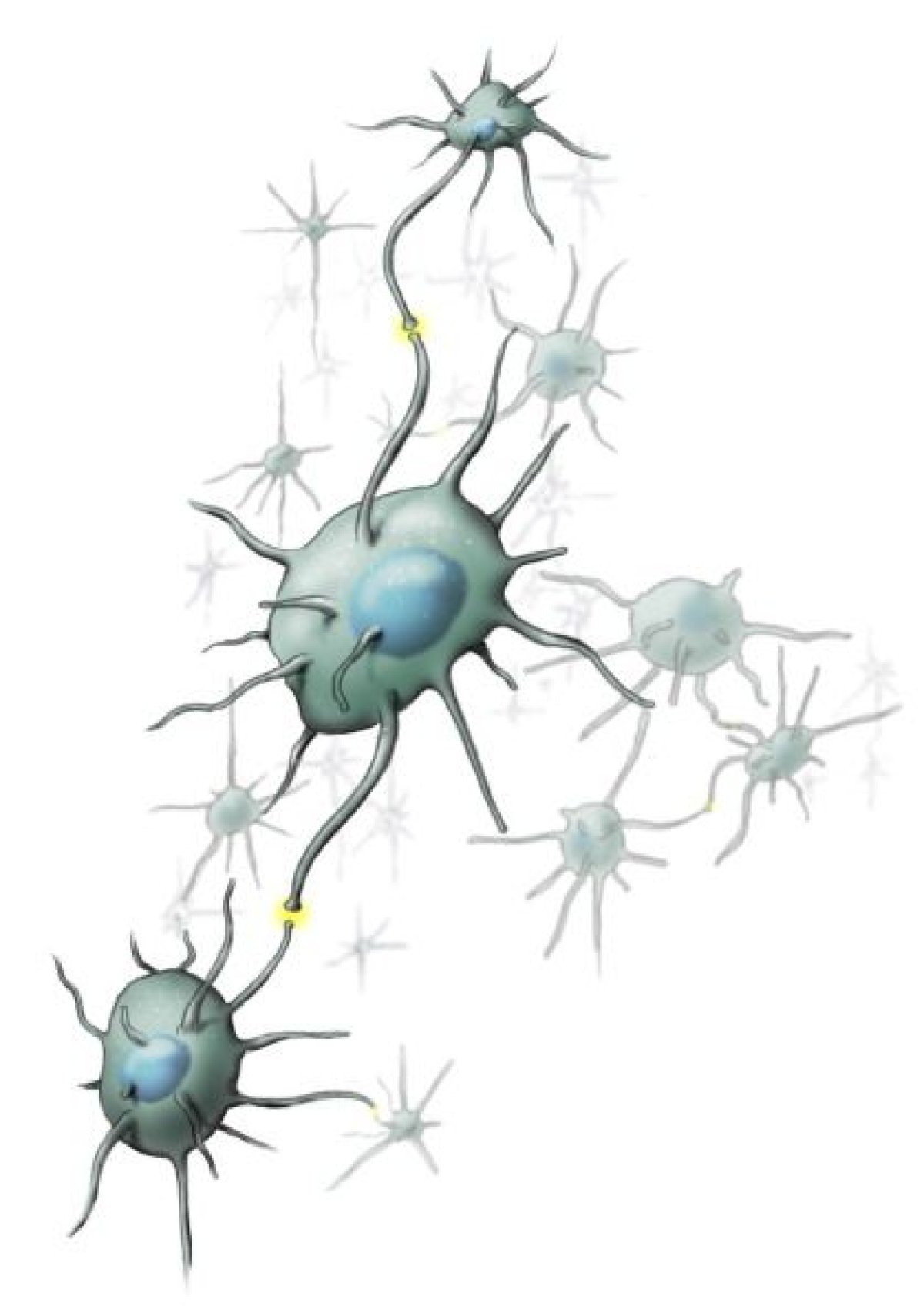The practice of getting people to overcome their fears by facing them is a common technique in cognitive behavioral therapy. If someone is afraid of dogs, that person might slowly start to spend more time with them, until their fear subsides. Until now, neuroscientists were unsure of how this process played out in the brain.
A study published in a Science paper on Thursday shows the act of facing one's fears actually rewires the brain's circuitry. Neuroscientists looked at the precise neurons in a mouse's brain that harbor a fearful memory. Researchers were able to demonstrate that the expulsion of fear depends on reactivating the neurons that contain it. In other words, a mouse has to re-experience a deep-seated fear if it is to get rid of it.
"It's an important advance, in that it suggests, for the first time, that extinction of fear involves the modification of the original fear-inducing memory," Jelena Radulovic from Northwestern University, told The Atlantic.

For every new experience someone encounters, bunches of neurons fire in their brain, the connections strengthen and molecules gather around where the neurons come together. The Atlantic reported that some scientists think that these connections are the physical representations of memories. When people think of their memories, these patterns in the brain fire and briefly become unstable.
The molecules that preserved the connections between them actually vanish and must be reconstructed. This process means humans are partly reconstructing memories every time they think of them.
This suggests the act of remembering creates a window of time in which memories can be changed, and fears can be rewritten in the brain.
"We are providing the first experimental evidence that fear memory attenuation is mediated by the re-engagement of the original fear rewriting it," one of the neuroscientists Ossama Khalaf told the news website Inverse.
The team of researchers trained mice to fear a small box, by giving them a few electric shocks when they were inside. A month later, the mice were returned to the box and they froze. The researchers were able to monitor and label the neurons that fired during this moment of fear.
The mice were then put through exposure therapy, repeatedly returning them to the scary box without any accompanying shocks. With every session, their fear began to go away.
The more they reactivated the neurons from their original fear, the more thoroughly they got rid of their fear.
This experiment showed that simply facing your fear can modify your memories of them and leave you less fearful.
Uncommon Knowledge
Newsweek is committed to challenging conventional wisdom and finding connections in the search for common ground.
Newsweek is committed to challenging conventional wisdom and finding connections in the search for common ground.
About the writer
Lisa Spear is a science writing fellow at Newsweek. She's previously contributed to a number of other outlets including Time and ... Read more
To read how Newsweek uses AI as a newsroom tool, Click here.








